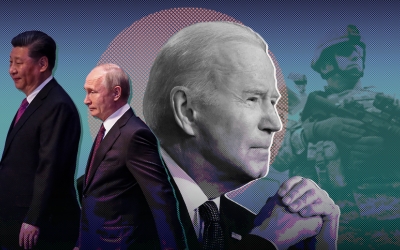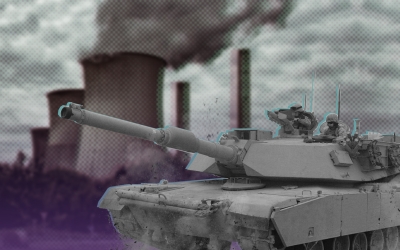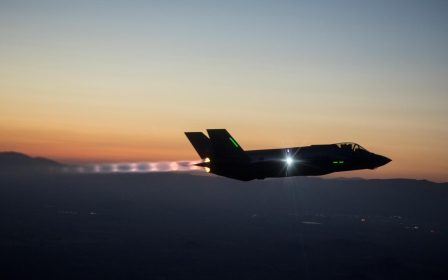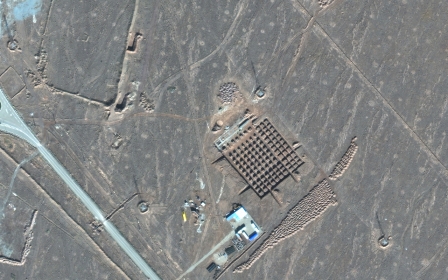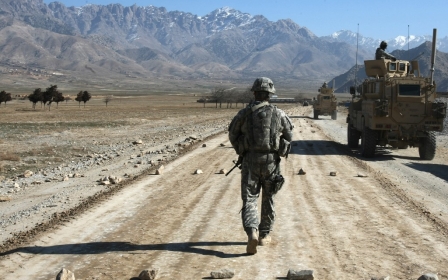US: Biden signs massive military spending bill into law
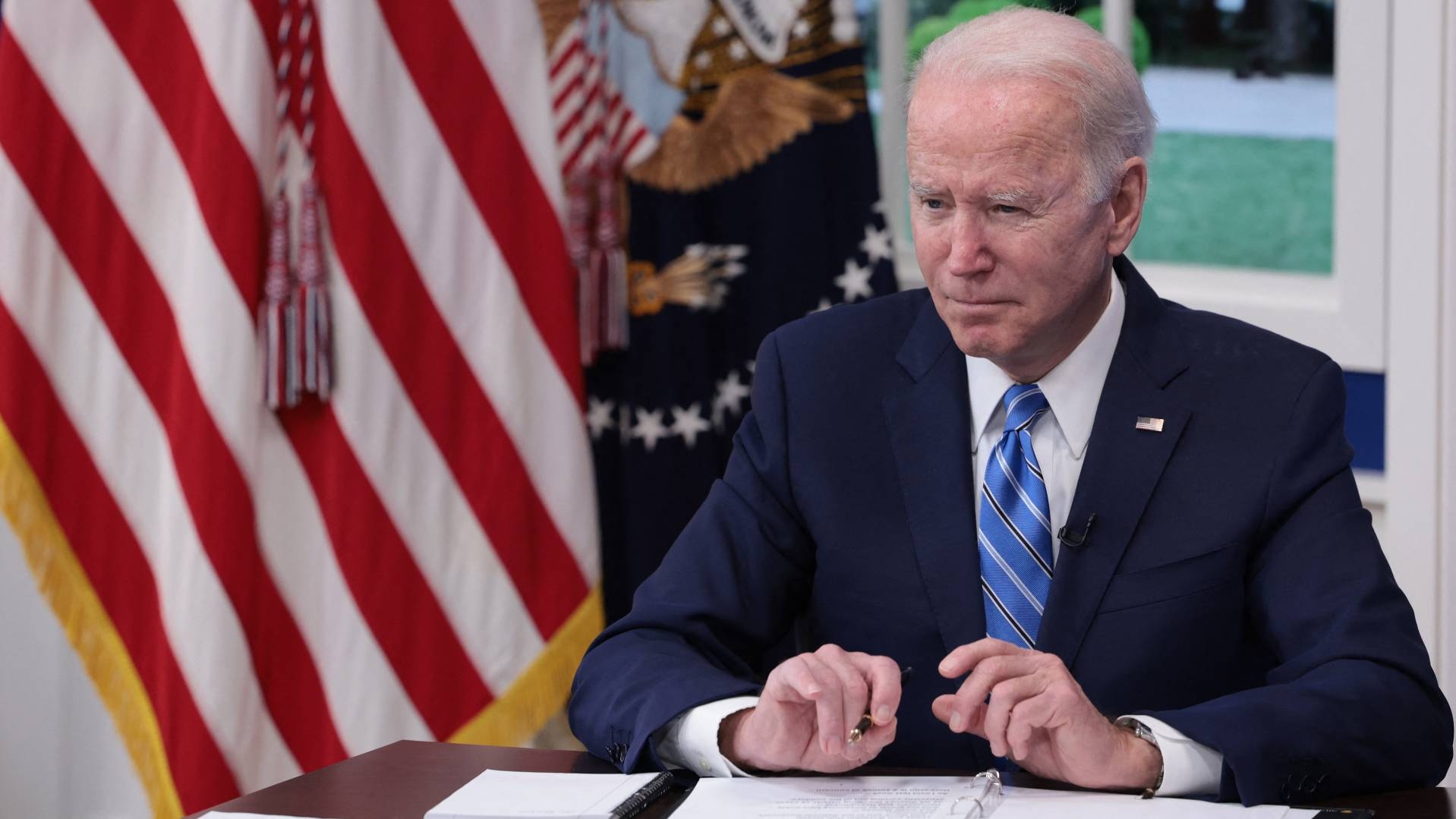
US President Joe Biden on Monday signed into law a $778bn defence spending bill, after lawmakers returned the administration's original funding request with an additional boost of tens of billions of dollars.
The White House announced in a statement that Biden signed the legislation, known formally as the 2022 National Defense Authorization Act, marking the 61st consecutive year that legislation for the country's military budget has become law.
New MEE newsletter: Jerusalem Dispatch
Sign up to get the latest insights and analysis on Israel-Palestine, alongside Turkey Unpacked and other MEE newsletters
It gives the Pentagon a total of $740bn, $25bn more than was originally requested by the Biden administration, while providing a total of $778bn for all national defence programmes as well as national security programmes at the Department of Energy.
The law easily swept through both chambers of Congress, passing with a 363-70 vote in the House of Representatives and a 89-10 vote in the Senate.
The US military budget is by far the largest in the world and is more than triple that of the world's next biggest spender, China.
Although the budget receives overwhelming bipartisan support in Congress, it has also been criticised by progressive lawmakers, advocates, and anti-war groups who note that it has increased from last year despite the withdrawal from Afghanistan, the country's longest war.
The 2022 budget reflects the Biden administration's shift in attention towards China and Russia after its Pentagon budget grew in the past two decades amid the post-9/11 wars in Iraq and Afghanistan.
It includes a 2.7 percent pay increase for US troops, and more aircraft and navy ship purchases, in addition to strategies for dealing with geopolitical threats, especially from Moscow and Beijing.
On China, the bill includes $7.1bn for the Pacific Deterrence Initiative and a statement of congressional support for the defence of Taiwan, as well as a ban on the Pentagon procuring products produced with forced labour from China's Xinjiang region.
Guantanamo Bay, burn pits
While the White House initially put out a short statement announcing the signing of the bill and praising House and Senate leadership for it, Biden later put out a lengthier statement in which he hit out at lawmakers on a number of issues.
The president criticised the restrictions on the use of funds to transfer detainees out of the military prison at Guantanamo Bay. The administration has stated its goal of emptying the prison before the end of Biden's term in office.
Next month, it will mark 20 years since the Guantanamo Bay prison was first opened and US forces rounded up hundreds of prisoners from a number of countries following the 9/11 attacks in 2001.
Nearly 800 men were detained at the prison at its peak capacity, and the majority have since been released. Thirty-nine detainees remain at the prison, with 14 of them being held indefinitely without charge or trial while another 13 of them are eligible for transfer.
So far, however, the Biden administration has repatriated just one prisoner, Abdul Latif Nasser, to his home country, Morocco.
"It is the longstanding position of the executive branch that these provisions unduly impair the ability of the executive branch to determine when and where to prosecute Guantanamo Bay detainees and where to send them upon release," Biden said.
He also requested that his defence secretary, Lloyd Austin, seek presidential approval before using an exemption clause in a law that prohibits the US military's use of burn pits to dispose of waste.
"I oppose the use of open-air burn pits," said Biden, who has previously blamed toxic burn pits for the death of his son who served in the military.
Burn pits were common practice by the US military across the Middle East, including in Iraq, Kuwait, Qatar, Saudi Arabia, the United Arab Emirates, Oman, and Bahrain, according to the Department of Veterans Affairs.
Middle East Eye delivers independent and unrivalled coverage and analysis of the Middle East, North Africa and beyond. To learn more about republishing this content and the associated fees, please fill out this form. More about MEE can be found here.


